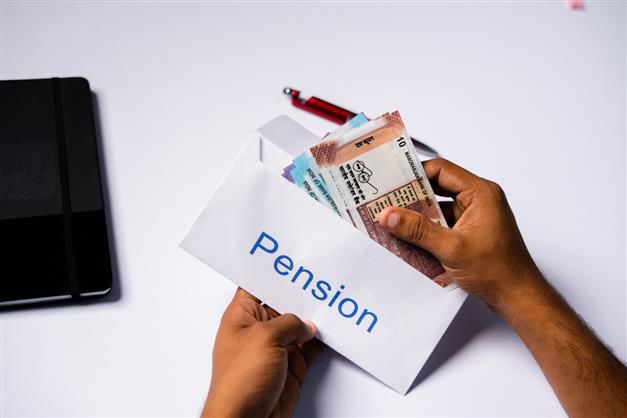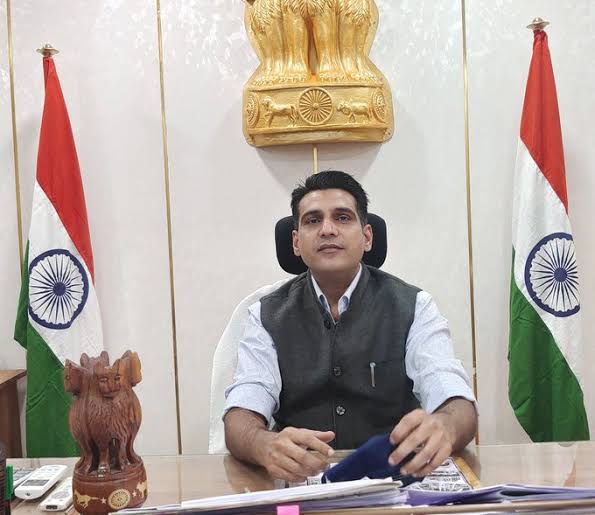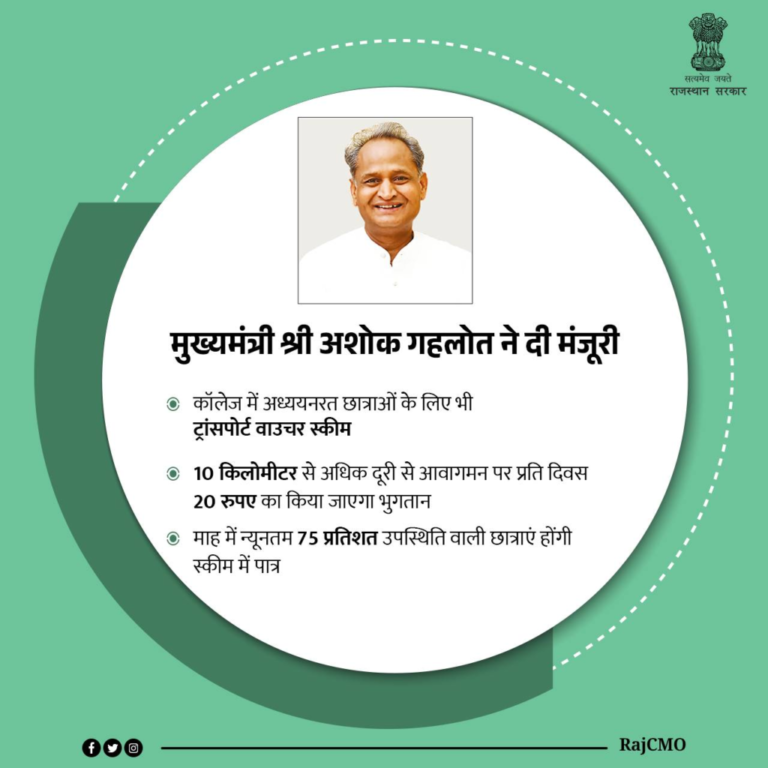Will Thailand’s Tax Cut on Booze and Night Clubs Boost Tourism?

Thailand, a renowned destination for its vibrant culture, scenic landscapes, and bustling nightlife, has recently unveiled a strategy aimed at revitalizing its tourism sector. The country’s decision to implement tax cuts on alcoholic beverages and entertainment venues, particularly nightclubs, has sparked discussions about its potential impact on the tourism industry. While these measures seem poised to attract more visitors and stimulate economic growth, a closer examination is necessary to evaluate their effectiveness.
The approved measures, as announced by Thailand’s cabinet, involve significant tax reductions. Taxes on wine have been halved from 10% to 5%, and taxes on spirits have been eliminated, previously set at 10%. Moreover, the excise tax on entertainment venues, including nightclubs, has been slashed from 10% to 5%. These adjustments are scheduled to remain in effect until the end of the year, aiming to incentivize both domestic and international tourists.
One of the primary goals of these tax cuts is to enhance the appeal of Thailand’s nightlife. In tandem with this, the government recently extended the operating hours for entertainment venues, allowing them to operate until 4 am. This strategic move aims to cater to nocturnal activities and attract a wider spectrum of tourists seeking vibrant nightlife experiences.
Additionally, Thailand introduced visa waivers for travelers from India and Taiwan, allowing them to stay in the country for up to 30 days. This initiative aligns with the broader strategy to lure more tourists, with India emerging as the fourth-largest source of tourism for Thailand, following Malaysia, China, and South Korea.
The impact of these measures is evident in the tourism statistics from previous years. Thailand welcomed a staggering 22 million visitors from January to October the prior year, contributing significantly to the country’s economy, injecting approximately 927.5 billion baht (roughly USD 25.67 billion). These figures underscore the vital role of tourism in driving Thailand’s economic growth.
The implementation of tax cuts on alcoholic beverages and nightclubs is seen as a strategic move to reignite tourist interest and support the recovery of the tourism sector, which faced setbacks due to the global pandemic. By providing incentives for tourists and enhancing the nightlife experience, Thailand aims to position itself as an attractive destination once again.
However, the success of these measures in boosting tourism hinges on several factors. While tax cuts and extended operating hours may attract partygoers and nightlife enthusiasts, a holistic approach is necessary to appeal to a diverse range of travelers. Ensuring safety, promoting cultural experiences, preserving natural attractions, and addressing infrastructure and environmental concerns are equally crucial to sustainably boost tourism.
In conclusion, Thailand’s decision to implement tax cuts on alcoholic beverages and entertainment venues, coupled with visa waivers for select countries, reflects a proactive attempt to invigorate its tourism industry. While these measures hold promise in attracting more visitors and boosting the economy, a comprehensive strategy encompassing various facets of tourism will be pivotal in ensuring sustained growth and appeal to a diverse global audience.





